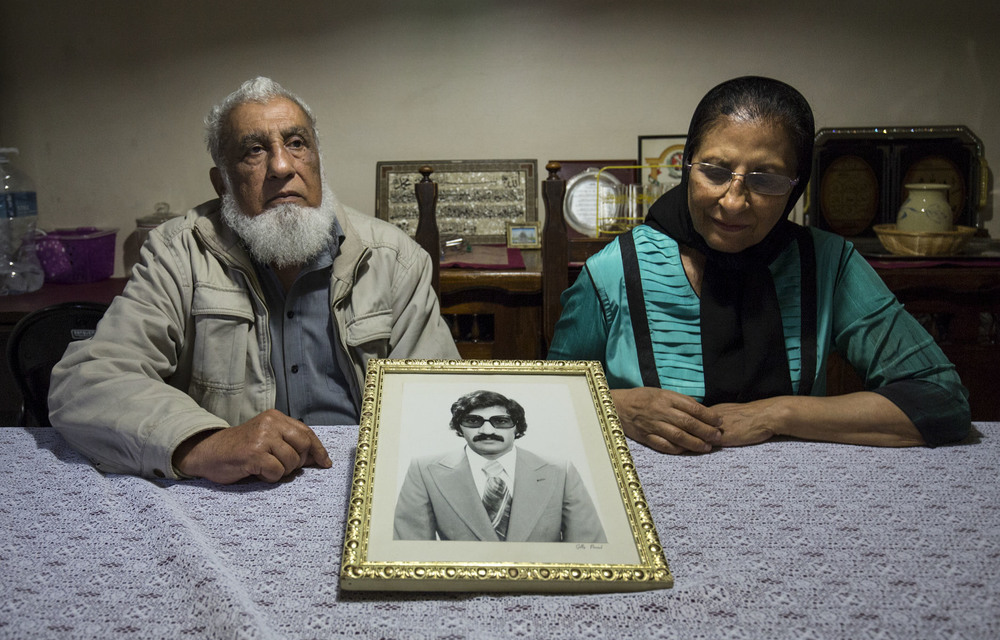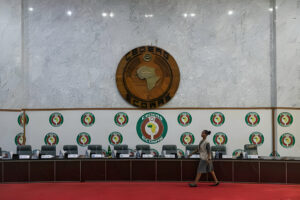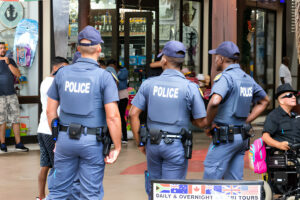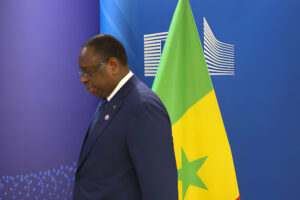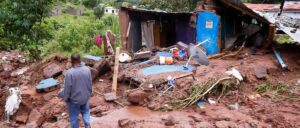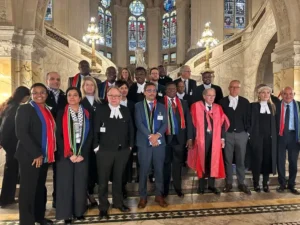The family of the late anti-apartheid activist Dr Hoosen Haffejee has expressed their relief following the Pietermaritzburg High Court’s ruling that overturned the 1978 inquest finding regarding Dr Haffejee’s death. The court, presided over by Judge ZP Nkosi, established that Haffejee was murdered, dismissing the earlier ruling that he had committed suicide, a cover-up orchestrated by the apartheid police special branch.
Family lawyer Anwar Suleman Jessop conveyed the family’s sentiments, noting that it took them 46 years to find closure. Jessop highlighted that the renewed investigation into the case was spurred by developments in the Ahmed Timol matter, another anti-apartheid activist who died under suspicious circumstances in 1971.
“That was the catalyst which opened the doors for many of us whose families have died during the apartheid era, to now get conclusions in terms of reopening inquiries and so on,” said Jessop.
Catalyst for Reopened Inquests
The Ahmed Timol case became a pivotal point, encouraging families who lost loved ones during the apartheid era to seek the reopening of inquiries to find closure. Jessop acknowledged the role of Minister Ronald Lamola in advocating for the reopening of these inquests, a move that has brought many families a step closer to understanding the circumstances surrounding the deaths of their loved ones.
“I think for now the family has some peace of mind. What is most touching is that when Dr Haffejee passed on the families never got an idea as to what exactly happened. They were just misled into thinking that he had hung himself in as much as they did not believe that,” he said.
The Court’s Findings
Judge Nkosi, in his ruling, stated that there were substantial reasons to overturn the original inquest findings by magistrate Trevor Blunden. The judge presented two possible scenarios for Dr Haffejee’s death: a cardiac incident during torture or a cardiac incident caused by ligature constriction applied by security branch members post-torture.
“The security branch officers primarily responsible for torturing and murdering Hoosen are Captain Petrus Lodewikus du Toit and Lieutenant James Brough Taylor. While Du Toit and Taylor played the leading roles in causing the death of Hoosen, those who played various other roles in the interrogation, torture and cover-up must also be held responsible for acts connected to Hoosen’s murder. They associated themselves with what happened to Hoosen and did not raise the alarm,” said Nkosi.
The judge further pinpointed the time of death to be on the night of August 2, 1977, between 22:23 and 23:00, contradicting the earlier reports that stated it was in the early morning.
Looking Ahead
Jessop mentioned that discussions regarding the next steps would be held with the family in due course. The National Prosecuting Authority (NPA) is expected to deliberate on the evidence presented and decide on the future course of action.
“Today’s [Wednesday’s] proceedings were very emotional for the family. If you saw the impact and the outcome of today’s [Wednesday’s] proceedings had even on the sister, it was very emotional. None of us can begin to imagine what heartache and trauma they went through over the years,” said Jessop.
Remembering a ‘Freedom Fighter’
Yusuf Bhamjee, a family friend, echoed the court’s sentiments, affirming that Haffejee was indeed a “freedom fighter” who was murdered for his beliefs. Bhamjee emphasized the long wait for truth and justice, a period during which several family members, including Haffejee’s parents, passed away.
“The family waited for 46 years for the truth to come out. Some family members, including the parents have since died. They died believing that their son was murdered and did not commit suicide. The judge today has vindicated that belief. Hoosen was a freedom fighter,” said Bhamjee.
The ruling marks a significant milestone, not only in affirming Dr Haffejee’s commitment to the fight for democracy but also in bringing a semblance of peace to a family that has long sought the truth. It sheds light on the dark chapters of the apartheid era, encouraging a deeper exploration into the many unresolved cases from that period.

